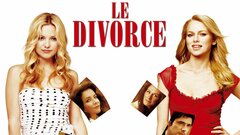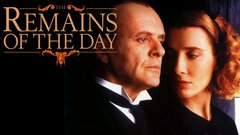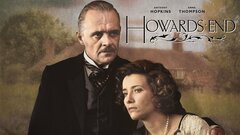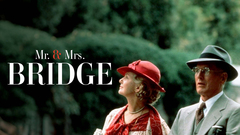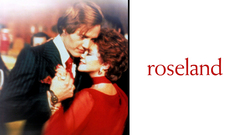James Ivory began his career as a documentary filmmaker before teaming up with producer Ismail Merchant to make "The Householder" (1963). Based on a novel by Ruth Prawer Jhabvala, the film marked the first of the trio's features centering on the people and culture of India. The team's second effort, "Shakespeare Wallah" (1965), attracted international attention for its sensitive portrayal of a family of British touring actors and its insights into the legacy of colonialism. Merchant and Ivory went on to earn a reputation for quality films made on shoestring budgets, with their best work--heavily influenced by Satyajit Ray--examining the interplay between different cultures ("Bombay Talkie" 1970, "Heat and Dust" 1983).
Merchant, Ivory and Jhabvala are also known for their adaptations of literary classics. "The Europeans" (1979) and "The Bostonians" (1984), for example, are highly regarded translations of the works of Henry James. "A Room with a View" (1986), meanwhile, an adaptation of E.M. Forster's novel of a young woman's romantic experiences while traveling abroad, was a huge success with both critics and public, earning eight Oscar nominations and taking in approximately $20 million at the US box-office. At their best, the Merchant-Ivory films are at once faithful to their literary sources and intelligently refined films which rarely dip into the overly precious.
A later adaptation of Forster's novel of male homosexual love, "Maurice" (1987), though a well-crafted and thoughtful film, seemed to lack the underlying passion of several of the earlier adaptations. Ivory's shift to more contemporary ground with an adaptation of Tama Janowitz's novel "Slaves of New York" (1989), was ill-conceived and unsatisfying. He rebounded admirably, though, with "Mr. and Mrs. Bridge" (1990), which featured subdued, highly effective performances by the real-life husband and wife duo of Paul Newman and Joanne Woodward. Even better was "Howards End" (1992), still another Forster adaptation and one of Ivory's finest films to date. The following year, Ivory directed "Howards End" co-stars Anthony Hopkins and Emma Thompson in "The Remains of the Day," adapted from Kazuo Ishiguro's novel. While "Jefferson in Paris" (1995) was the culmination of a dream project for the director, this first production released under an agreement with Disney's Buena Vista subsidiary failed to win over critics and audiences. After again directing Hopkins in another biopic, "Surviving Picasso" (1996), which failed despite the actor's charismatic turn, Ivory responded with the critically-acclaimed "A Soldier's Daughter Never Cries" (1998), based on the autobiographical novel by Kaylie Jones, daughter of novelist James Jones, self-appointed keeper of the Parisian expatriate flame lighted by the likes of Gertrude Stein and Ernest Hemingway. Staying focused on family dynamics, the film plunged Merchant, Ivory and Jhabvala into the uncharted territory of comedy and children, reviving Ivory's memories of staying in Paris during the 60s with close friends and their children. He shared a particular affinity with the endearingly oddball Francis, the story's funniest, most iconoclastic character who reminded Ivory of himself as a child. The team's touching, superbly-acted drama of a refreshingly non-dysfunctional family exhibited their customary attention to detail and marked a return to form, recalling their best work.
Ivory's collaboration with Merchant and Jhabvala continued with the 2001 adaptation of Henry James' novel "The Golden Bowl," the author's greatest and most challenging novel. Working with castmembers Nick Nolte, Kate Beckinsale, Uma Thurman and Jeremy Northam in a turn of the century story involving two marriages with the same dreadful secret hidden at the heart of both of them, Ivory skillfully rotated the perspective through the moral conundrums that challenge them so that no character emerges as fully good or fully bad. Next for Ivory and his collaborators was a sophisticated, unpretentious adaptation of Diane Johnson's bestselling novel "Le Divorce" (2003), a relaxed, sophisticated and contemporary tale of two American sisters in Paris: one a pregnant expatriated poetess (Naomi Watts) suddenly abandoned by her philandering French husband; the other a fresh, naive young woman (Kate Hudson) caught up in a seemingly cosmopolitan affair with a roguish, married and much older French diplomat. Filled with a lively ensemble of fully developed characters, "Le Divorce" is one of Ivory's most relaxed and amusing films, with almost an Altman-esque quality as the story unfolds at its own pace and the characters gradually inhabit the landscape the director painstakingly crafts for them.















